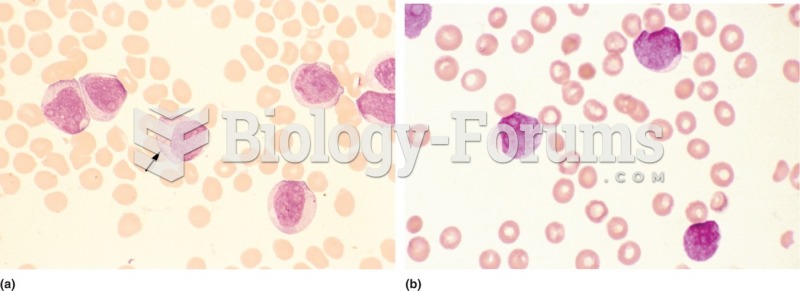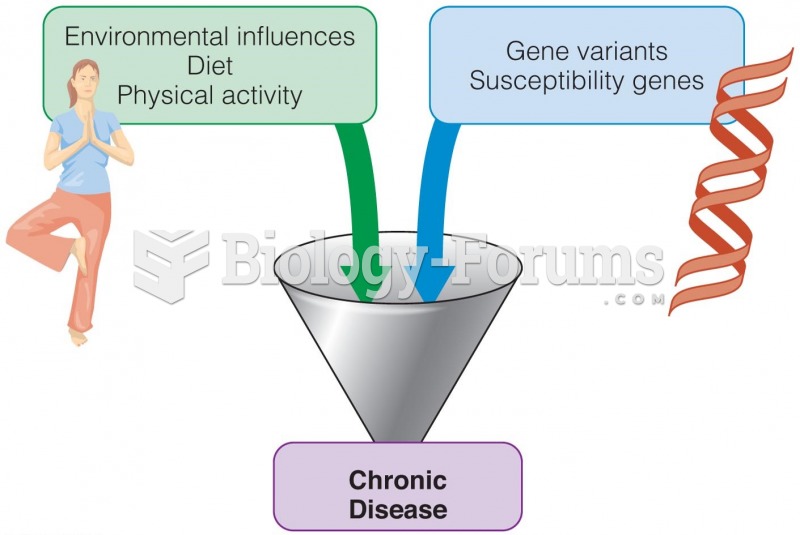Answer to Question 1
The metabolic crises associated with disorders of fatty acid metabolism are usually precipitated by febrile illness, fasting, and/or excess energy expenditure. Acute treatment is aimed at stopping catabolism and the subsequent release of free fatty acids. Use of antipyretic and antiemetic medications to reduce fever and vomiting is helpful. Intravenous dextrose is used to provide a constant source of glucose. The high-glucose feedings used in order to prevent or recover from hypoglycemia may necessitate the use of insulin to achieve euglycemia. The dextrose should not be discontinued until the patient is able to maintain his or her blood sugar and to tolerate enteral feedings. The use of medium-chain triglycerides in treatment of disorders besides MCADD is an effective way to provide additional calories without increasing the load on the enzymatic block. Fluids should be provided at a rate of 1.5-2 times maintenance requirements in order to flush out the metabolites. Carnitine can be given either intravenously or by mouth to help conjugate the excess fatty acids.
Answer to Question 2
Antecedents. Encountering antecedents to eating occurs normally throughout the day. Usually in nutrition counseling, we are particularly interested in cues that trigger unconscious eating or consumption of large quantities of certain types of food. Behavior change strategies addressing antecedents often concentrate on physical availability of food (cookie jar), social (parties), emotional (stress), or psychological (motivation; destructive thought patterns).
Behavior. Strategies dealing with the behavioral response to an antecedent may address the actual act of eating (speed), physical (eat in one place), emotional (do not clean your plate), awareness (pay attention to eating; no TV), or attractiveness (sparkling water in a wine glass with a slice of lemon).
Consequences. Consequences can be positive reinforcers or punishment; such as a reward or losing a privilege.
The sequence of events from antecedent to consequence is referred to as a behavior chain.







